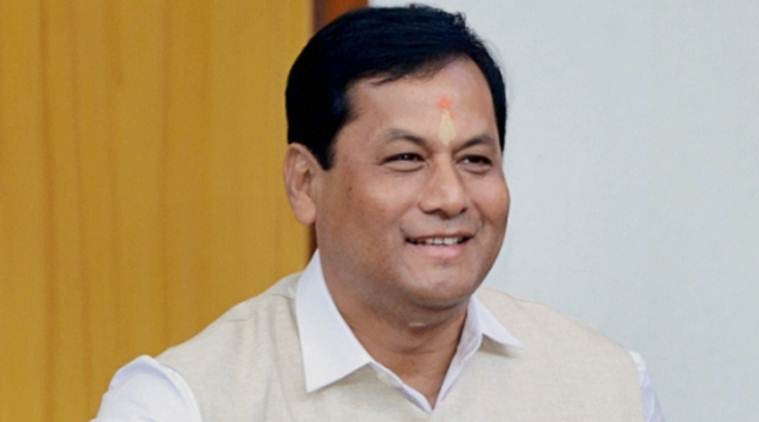
With the Meghalaya and Arunachal Pradesh governments taking a firm stand against the controversial Citizenship (Amendment) Bill, 2016, pressure is mounting on Assam’s BJP-led three-party coalition government to follow suit.
Protesters, mostly various civil society organisations, have been vitriolic in their attack on the state government for its alleged failure to rise to the occasion given the increasing perception that the Centre will table the bill in the Rajya Sabha in the first week of December.
The winter session of the Assam Assembly is beginning on November 28 and the opposition Congress, which has been faced with depleting popularity for some time now, will surely try to score some brownie points by going hard at the government on the issue.
Unlike the ruling BJP in Arunachal which is “unequivocally opposed” to the bill, the Sarbananda Sonowal government is toeing the Centre’s line. Several BJP leaders, including Minister Himanta Biswa Sarma, have defended the bill saying it will protect the Assamese and other indigenous communities.
The protesters, however, are not amused. They have expressed the apprehension that if the bill is passed, it will be a threat to the land, languages and cultures of the Assamese and other indigenous communities.
“This is a dangerous bill. If it is passed in Parliament, Assam will become another Tripura,” activist Akhil Gogoi said.
Early this year, the ruling Meghalaya Democratic Alliance, of which the BJP is a constituent, had passed a resolution opposing the bill. Chief Minister Conrad Sangma has been at the forefront of the protests against the bill across the Northeast.
Two days ago, BJP-ruled Arunachal adopted a position stating it is ‘unequivocally opposed’ to the bill.
The various protesting organisations in Assam are asking the Sonowal government to follow in the footsteps of the two neighbouring states.
The bill seeks to grant Indian citizenship to immigrants belonging to six “persecuted” non-Muslim communities from Bangladesh, Pakistan and Afghanistan who had migrated till December 31, 2014.


.jpeg)

